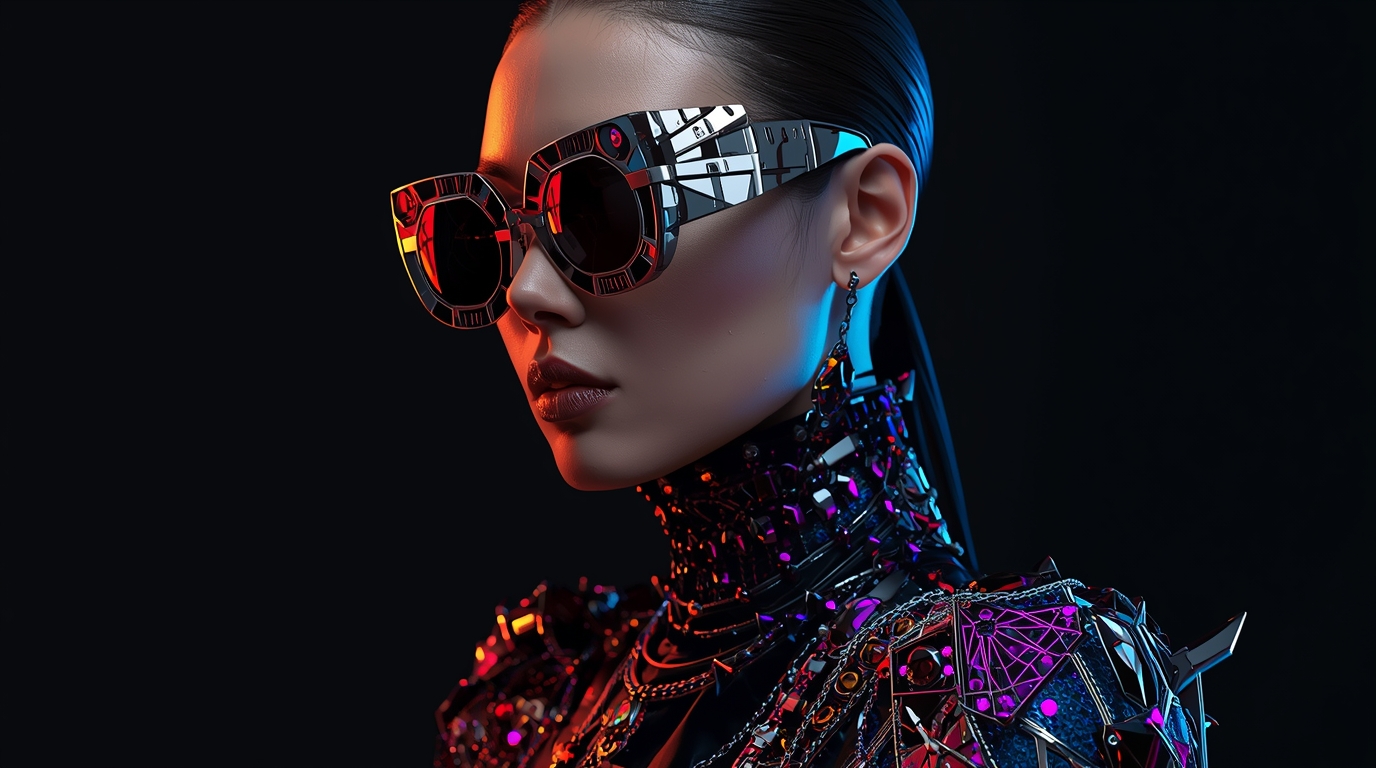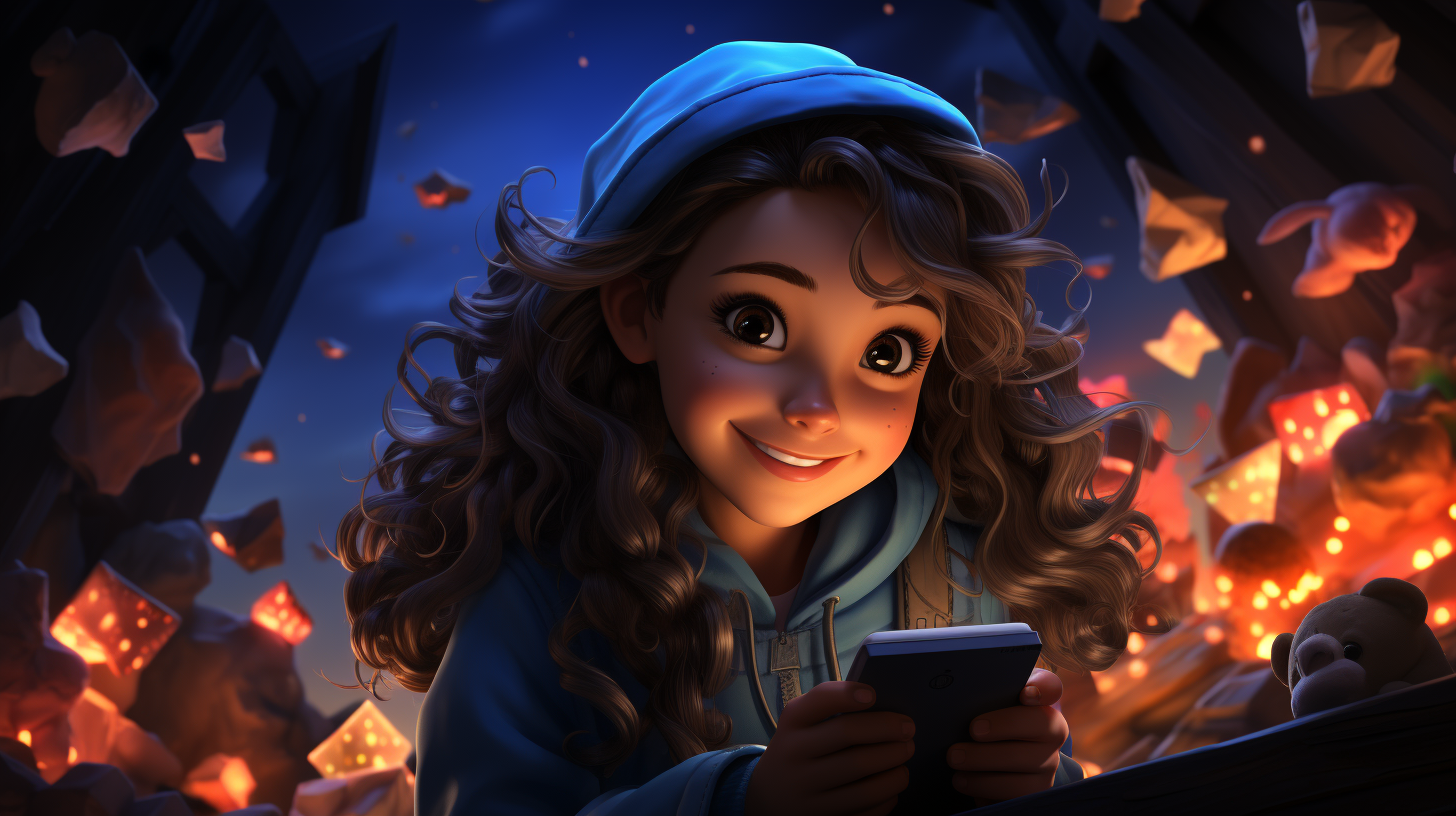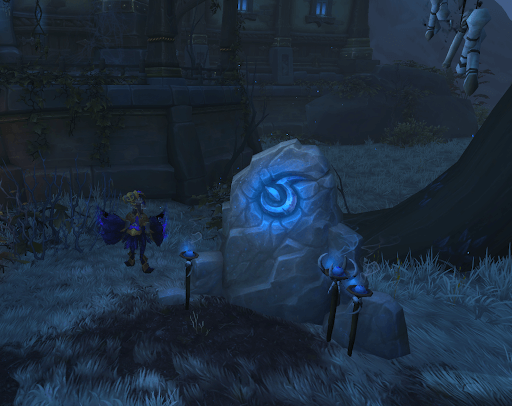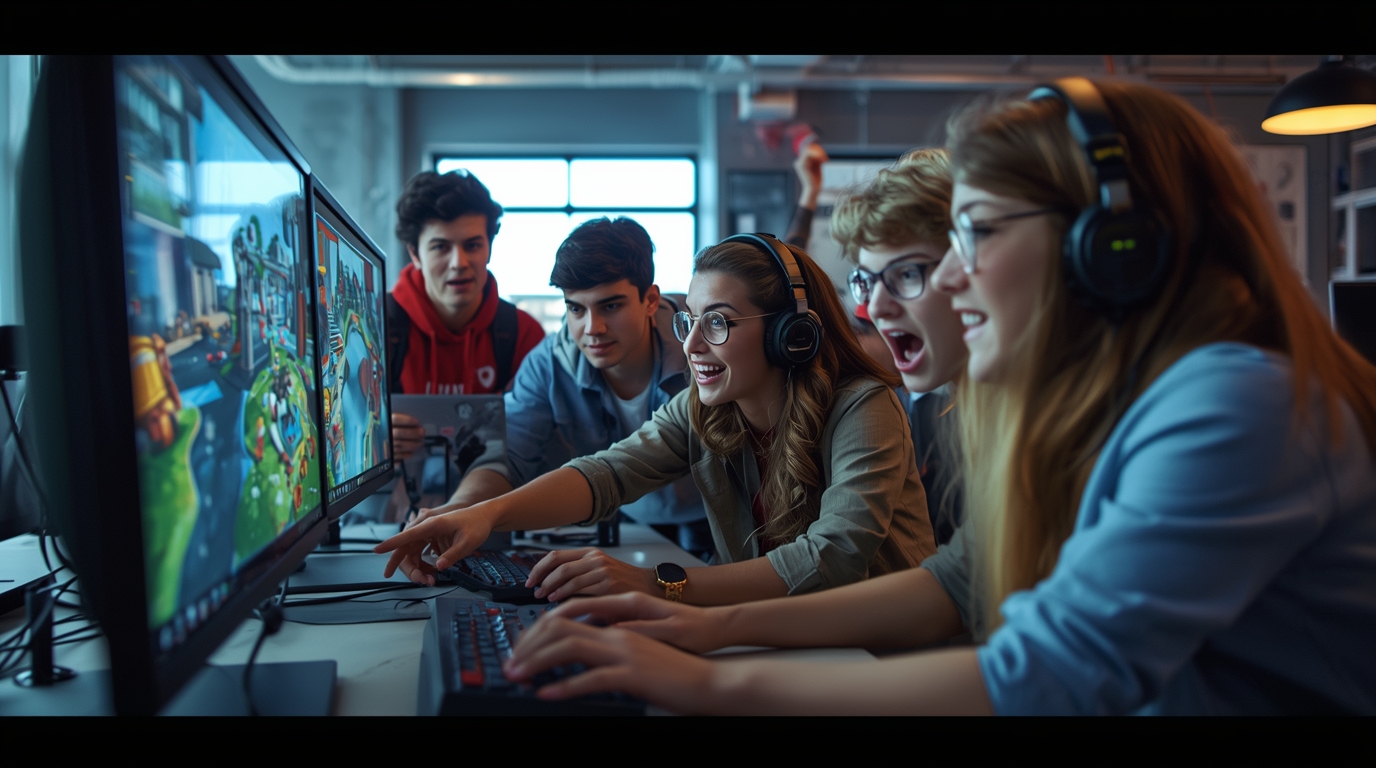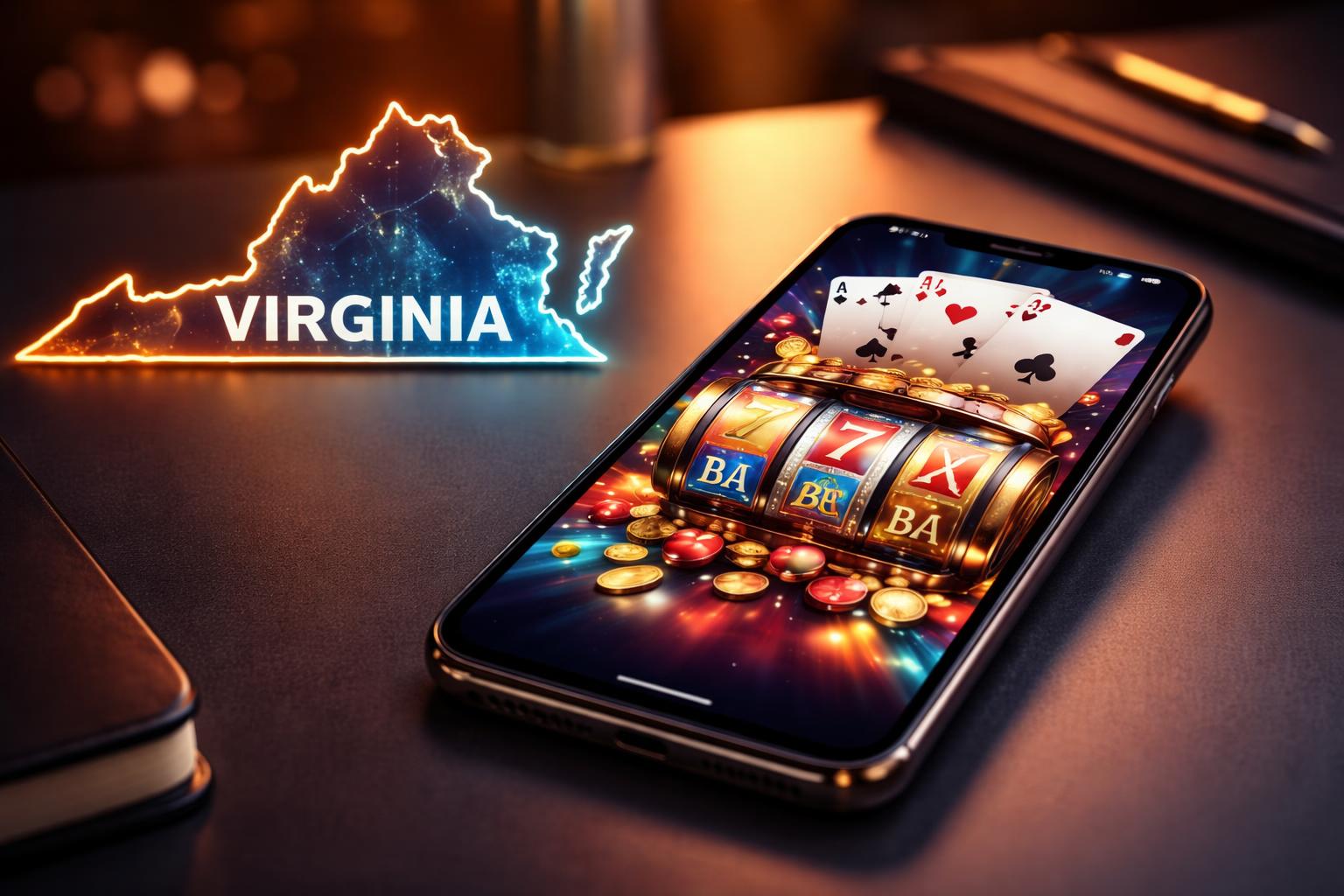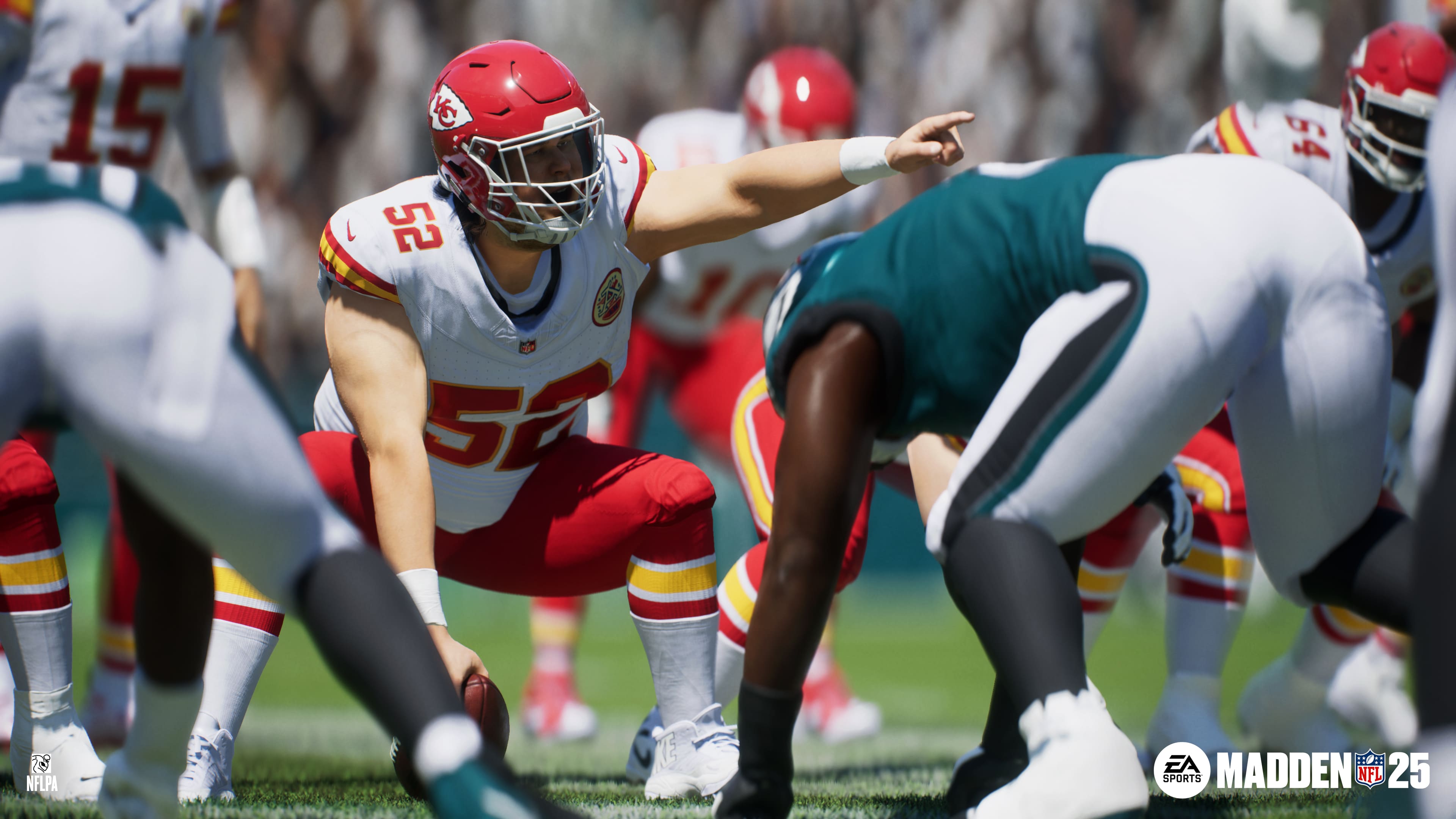Today, getting into the gaming industry is not so easy and every gamer dreams about it. This area is constantly evolving, introducing new technologies, and development methods. Many experienced gamers are interested in this industry and are even trying to start a new project. Of course, what could be better than turning your hobby into a job and making it profitable? If you do not find the answer to this question and are interested in game development, you should pay attention to different concepts in this industry and know what they mean.
One of the most frequently asked questions for experienced professionals is how to distinguish between a game developer and a game designer. In fact, the difference between them is very simple. The game designer is responsible for the visual look and emotions of the player when the game developer gives the game the ability to work using special codes.
However, this is the smallest description we can provide you. In today’s article, you will learn more about the features of work as a game designer and game developer without vague wordings. Now we are ready to land in the world of game development!
What Is Game Development?
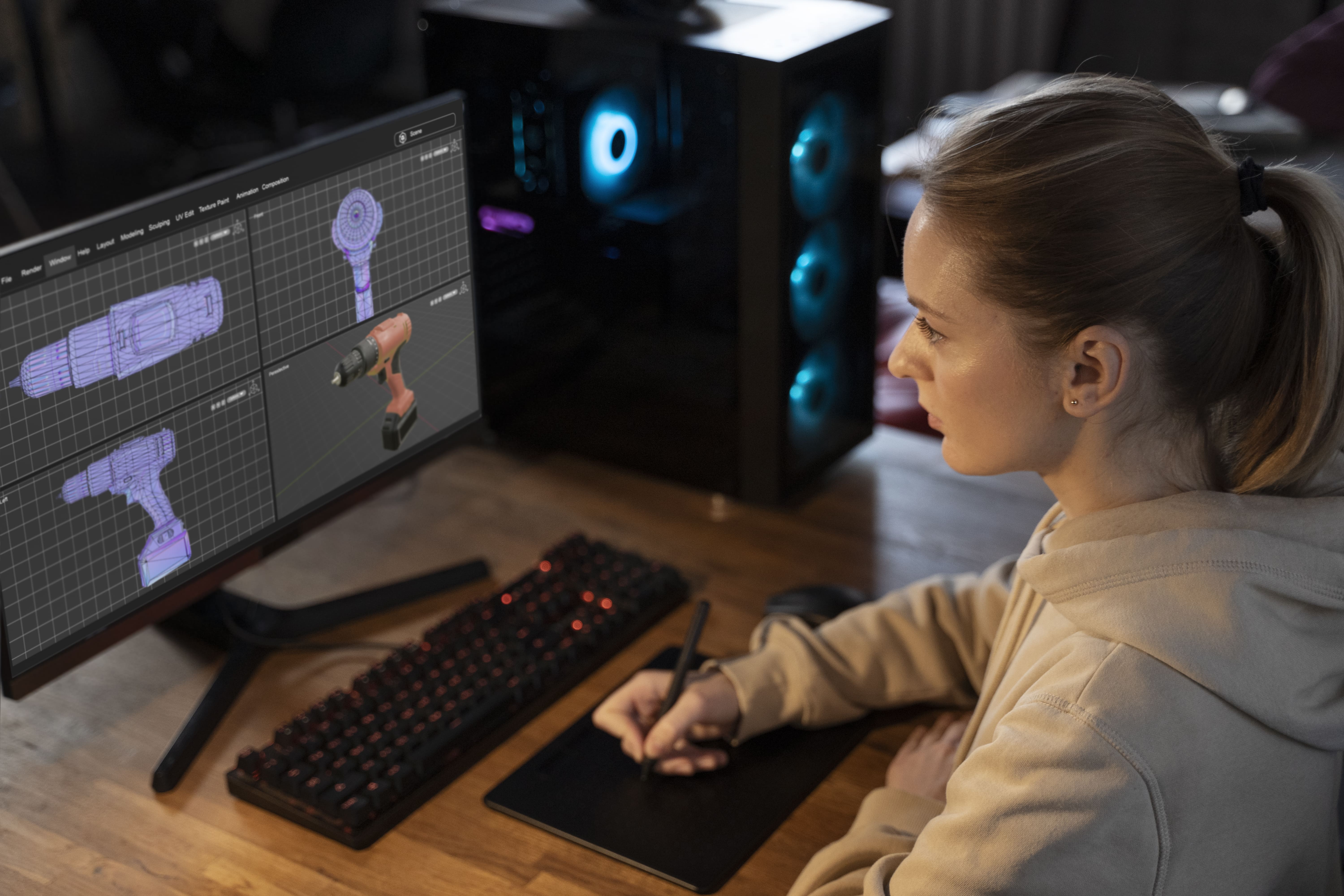
To begin with, we’ll start simple. Who is a game developer? It is a specialist who takes care of all technical aspects of game development. Sometimes game developers may work alone, but if the company is experienced, its team will be from 3 to 1000 well-reputed experts. The number of game specialists directly depends on the project budget, but if the funding is minimal, the game developer performs the functions of all specialists or the tasks that he is able to do. This is a responsible job in which accuracy and the desire to create unique projects are very important.
The work of a game developer includes creating codes – the basis of the game world, sound effects, software programming, rendering, testing, engineering, and many other difficult processes. Thanks to this, players can move around the game world and, of course, interact with it. Codes and programs based on the game concept. Usually, it is developed by designers.
The main goal for a game developer is to follow all ideas and layouts of the game designer. If a game designer comes up with the concept, sketches of environments and characters, and creates the best user experience, the game developer’s job is to breathe life into these ideas, make them work, and bring them to perfection.
However, it is not as easy to become a game developer as it may seem at first sight. You should have experience in game development, valuable skills, take many courses, and also be ready to sit at the computer for 8-12 hours a day. It’s not easy, but if you have patience, love for codes, and desire to create unique opportunities for players, this is the job for you.
The game developer job will be interesting for people who are fond of computer games and at the same time have good knowledge of mathematics and physics. By the way, the job of a game developer is not only excellent knowledge of the programming language and writing codes. It is also the ability to work in a team. For this reason, a game developer must have the following personal qualities:
- Stress tolerance;
- Endurance;
- Lack of psychological problems;
- Tendency to work for a long time;
- Ability to be a leader;
- Ability to work in a team;
- Well-developed fantasy.
Of course, the most important thing is your programming skills. To create simple games, it will be enough to know to program, but game development has long gone ahead and requires much more skills, among which the following should be highlighted:
- Ideally use the powerful Unity tool and other engines that are necessary to create 2D and 3D games;
- Taking into consideration the laws of physics and apply them to certain situations;
- Learning the programming language C ++, C#, Java, Python, and others;
- Know the stages of gameplay design, drawing, rendering, animation, physics, and other aspects of the game;
- Know the basics of developing games for mobile devices;
- Skills in 2D and 3D games optimization.
Who Is a Game Designer?
The only one who has played a lot of different games can become a game designer. You need to understand the genres, mechanics of games, and monetization models, work with the balance of the game, delve into analytics, and monitor the market. Game design is not only creating wonderful environments and characters or setting the color palette. This industry requires creating a unique game concept to differentiate a project from all others and decide what feelings and emotions players will experience.
The job of a game designer is very similar to a filmmaker. In addition, the game designer manages the production process of the game, and he can act as a full-fledged product manager. The game designer constructs the basic dynamics of the game, which are responsible for the users’ experience. The dynamics are based on the game mechanics – the way objects interact with the player and the game space.
The main goal of the game designers is to come up with the right game concept that will adhere to all client’s desires and needs. Game design specialists should have endless creativity and the ability to think quickly. First, game designers take into account the next aspects:
- The main plot of the game;
- Game genre;
- Target audience;
- Maps and levels;
- User interface;
- Rules of the game;
- Game process;
- Environment and characters.
Of course, there are many more aspects that can be considered when creating a game concept, but these are the main of them. Without this information, game designers can’t implement the client’s needs. At this stage, it is very important to learn about all the details and get as much information as possible. Follow-up works with other game specialists to make sure everything is under control and every process is related to the game idea.
By the way, it is very important how many game designers are working on one project. If the budget of the game company allows more employees to be hired, they can be divided into groups that are responsible for a specific aspect of the game. Thus, the work of the designer will be improved as more specialists focus on certain details.
What Features Differentiate a Game Designer from a Game Developer?
As you can see, the main difference between game development and game design is the end goal. Game designers make sketches of the future game, come up with concepts, dialogues, model characters, and create attractive worlds. Game design can be considered a planning tool for the game creation process. No game can be made without a plan, and game design is the process of creating it.
The game developer’s goal is to bring life into ideas and let them function as they do in real life by writing codes. They solve the issues of game mechanics development, how the game should function, and what should happen. We can get a playable project only with the help of game developers.
The game development and game design can’t be compared, because they complement each other and together help create a unique project. Despite the fact that they have different end goals, they are interrelated.
Game Developers and Game Designers Salaries
Since these professions are now in demand and require special skills, analytical and creative mindsets, as well as higher education and courses, the salary will be correspondingly high. You should know that you will sit at the computer for 8-12 hours a day and concentrate on one thing for a great income. Even if you are a beginner and just trying your hand at game design or game development, you can make good money on it.
Fortunately, information about game developers’ and game designers’ salaries is available on the Internet. Of course, the income depends on the company reputation, specialization, project budget, your country, and many other factors
| Game Developer salary | from $60,000 to $100,000 |
| Game Designer salary | from $50,000 to $95,000 |
Nevertheless, we believe that salary does not play the most significant role here. Your interests, teamwork skills, and the ability to adapt to the client’s needs should come first. If you have never been interested in game design or game development before and want to join the ranks of these specialists because of the salary, we can disappoint you.
First of all, you need to pay attention to your creative mind if you want to become a game designer, as well as patience and perseverance if you want to become a game developer. This is all individual.
The Bottom Line
The difference between game designers and game developers lies in different purposes. We hope we helped you to understand the features of both works better and now you have a clear image of these occupations. If you are passionate about games and possess all the necessary qualities, there is absolutely no reason why you will not be able to find a job in the gaming industry.
As you can see, game developers and game designers complement each other and create a strong team together. At EJAW, we always have a goal to improve your knowledge of game development and collect the most useful information. Learn more about the game development industry with EJAW!


